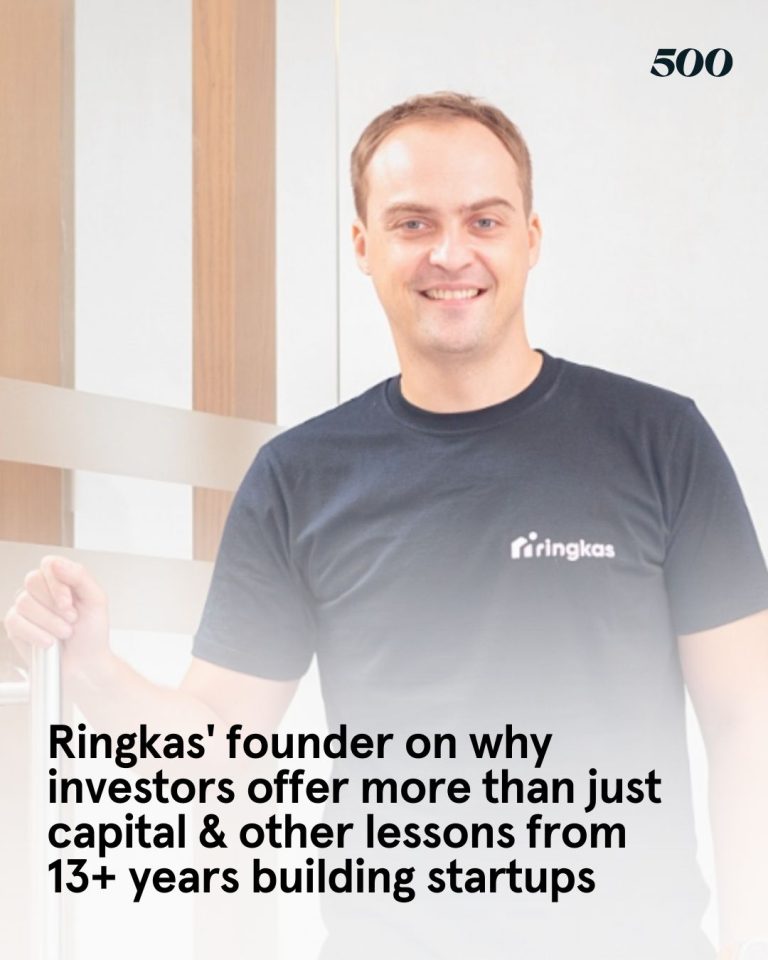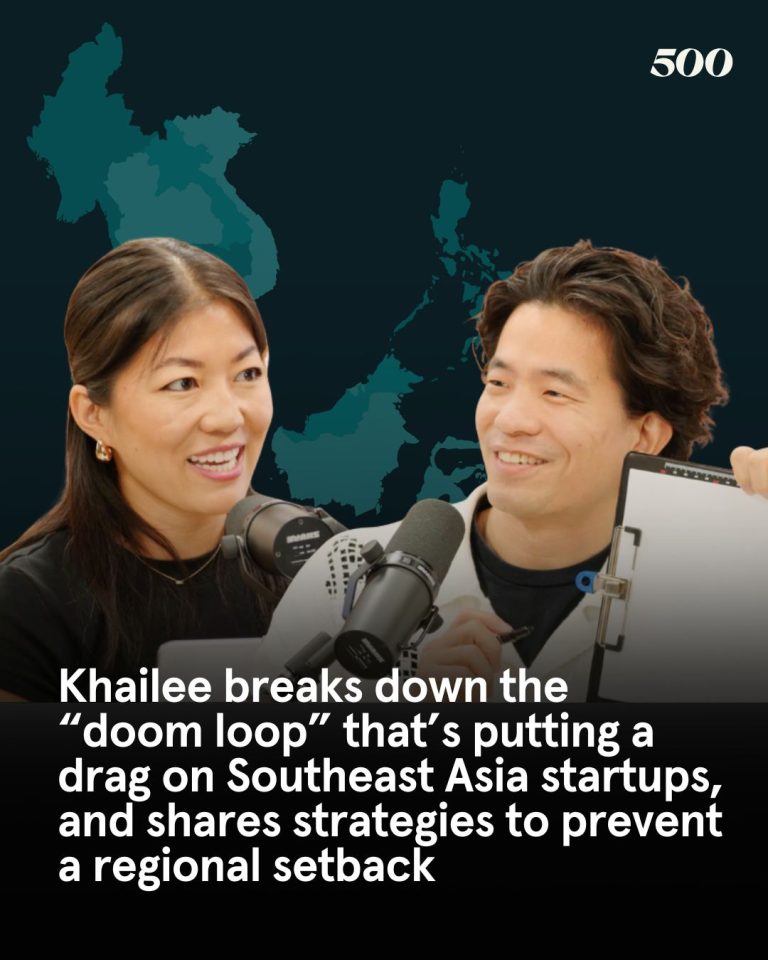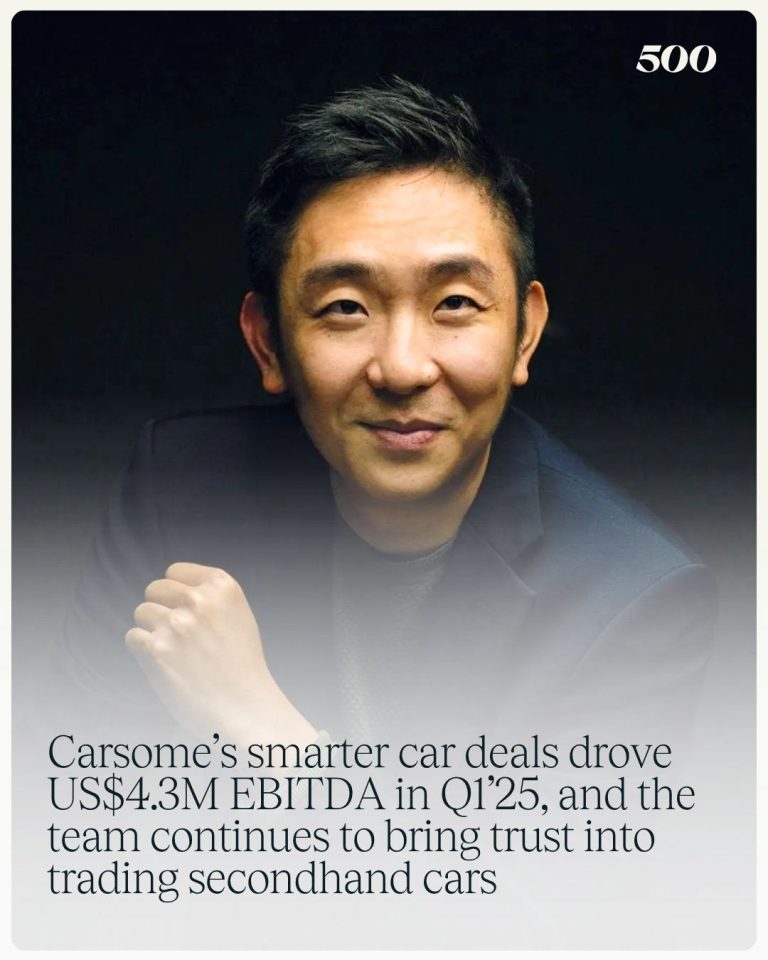Swimming towards greater productivity
- Shrimp farming traditionally involves intense manual labor and subjective assessments of shrimp ponds and shrimp conditions. This will soon be a thing of the past, thanks to a collaboration between 500-backed aquaculture startup eFishery and AquaEasy, a spin-off venture from Bosch’s innovation hub, Grow.
- The multimillion-dollar partnership will bring artificial intelligence (AI) solutions supported by water quality internet of things (IoT) sensors to shrimp farming.
- The two companies aim to increase the productivity, profitability, and sustainability of the shrimp farming industry in Indonesia.
- “The collaboration with AquaEasy will boost eFishery’s commitment to help fish and shrimp farmers in Indonesia through technological innovation. We hope that this collaboration can have a significant impact on the shrimp farming industry to drive increased production and profitability while minimizing the risks,” said Ade Kamayana, Vice-resident of eFishery Farm.
- AquaEasy’s solution is currently deployed in Indonesia, Singapore, and Vietnam, which the team says is helping shrimp farmers in 27 cities to increase productivity by 30%.
- Read the full article here.
When going negative is a good thing
- Can micromobility be the solution to helping cities achieve their environmental goals? According to 500-backed mobility startup Neuron Mobility, yes, it can!
- “The world’s greatest challenges are concentrated in cities, with the lack of adequate transport and an over-reliance on passenger vehicles presenting some of the biggest environmental challenges we face,” said the company’s Head of Sustainability & Impact, Olivia Onderdonk.
- Today, Neuron Mobility is carbon neutral, and has set the ambitious goal to become carbon negative by 2025. They are the first e-scooter company in the world to offer battery swapping, and the pioneer of a modular design that extends the lifespan of their vehicles.
- In Australia, the company donates retired batteries to Sustainable Lithium Cells Australia, which focuses on closing the loop in lithium batteries in the country. Healthy battery cells are given a second life by re-entering the market, while the remainder is recycled to create raw components for new batteries.
- Read the full interview here.
Waste not, want not
- “If your product sits on a shelf for too long due to poor quality then that is your brand and reputation on the line,” he said. “Focusing on quality, which means focusing on improving your supply chain, will resolve the waste problem,” said 500-backed supply chain intelligence startup Escavox CEO Luke Wood.
- “Addressing this would help with the growing food insecurity problem as more fruit and vegetable products would be available for the end consumer,” he explained.
- Luke added that 25% of produce is lost in the supply chain due to poor control and handling after leaving the farm. Measuring and managing the supply chain with information that is captured independently and in real-time, he says, is central to solving this problem.
- This could mean protecting produce better and with more efficiency in terms of cost, environment, and waste. “How product is handled ‘in chain’ is just as critical to emissions and energy costs as the distance traveled,” he concluded.
- Read the full article here.




